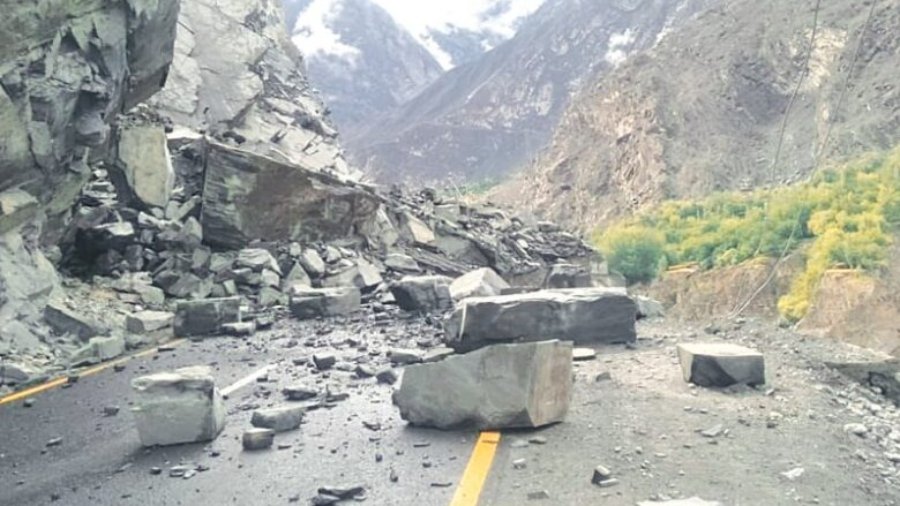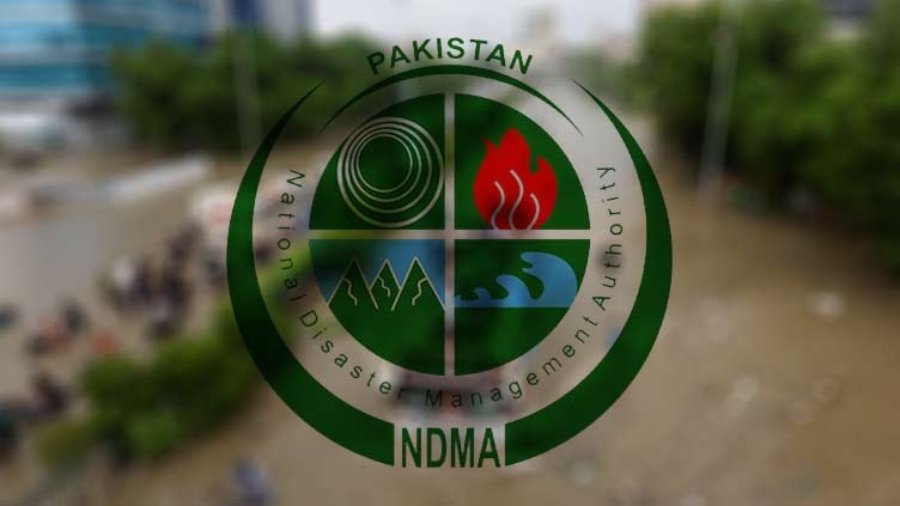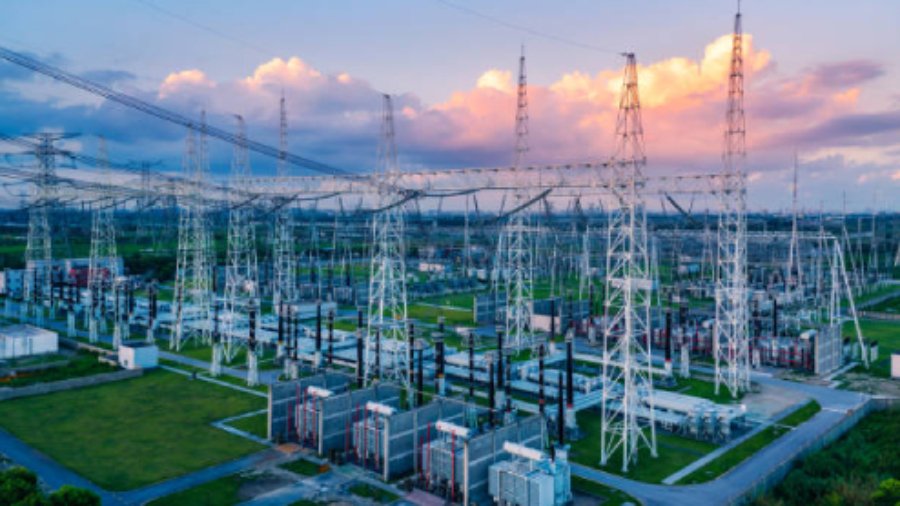According to latest media reports,15 people have been killed and 14 injured as a result of accidents due to heavy rains and landslides in different areas of Khyber Pakhtunkhwa in the last 4 days, in which the government has announced a compensation of Rs. 1 million each.
According to the report of the Provincial Disaster Management Authority (PDMA), 83 houses were partially damaged and 12 houses were completely damaged due to floods and rains across the province. Secretary Relief Abdul Basit directed the victims to pay the relief compensation immediately as per the policy.
Abdul Basit said that 6 crore rupees have been released for rain and flood affected districts. PDMA spokesperson Taimur Ali said that Rs 10 lakh will be given to those who died, Rs 2 to 3 lakh to those seriously injured in accidents and Rs 50,000 to those with minor injuries.
According to the PDMA spokesperson, Rs 2 lakh will be given to a damaged house with 2 or more rooms in natural calamities, while Rs 1 lakh will be given to a damaged house with one room.
He said that 80,000 rupees will be given to those whose house has only one room destroyed, while in case of natural accidents, if four walls of a house have collapsed, they will be given 50,000 rupees.
Climate change is one of the most pressing challenges facing Pakistan, especially its rural areas, where millions of people depend on agriculture and natural resources for their livelihoods. Khyber Pakhtunkhwa (KP) province, located in the north-west of the country, is particularly vulnerable to the impacts of climate change, such as floods, droughts, landslides, and glacial lake outburst floods (GLOFs). These extreme weather events pose serious threats to the infrastructure of the province, such as roads, bridges, schools, health facilities, and irrigation systems.
According to a report by the UN Development Programme (UNDP), KP has faced significant loss of life, property damage, and developmental setbacks from floods, cyclones, and earthquakes in the last 20 years, with damage and losses exceeding $20 billion. Climate change impacts in KP are evident as 25 districts are categorized as vulnerable to flash flooding as a result of accelerated glacial melt. In 2022, KP experienced one of the worst floods in its history, affecting more than 10 million people and damaging over 100,000 houses and 15,000 km of roads.
The government of KP has taken several steps to improve the resilience of its infrastructure to climate change and disasters. With the support of the World Bank, the government launched the Khyber Pakhtunkhwa Rural Accessibility Project (KPRAP) in June 2022, which aims to upgrade rural roads to provide safe and reliable access to schools, health facilities, and markets in the most vulnerable districts of KP. The project will also provide safe and affordable transportation to primary and middle schools, especially for young girls, in remote areas which have the lowest enrollment and attendance rates. The project will benefit 1.7 million people who live in rural areas in KP and will improve income generation for women and men in agriculture.
The KPRAP adopts a climate-smart approach that builds resilience into the design of transportation infrastructure, which is critical to improving the reliability and connectivity of rural road networks in KP, especially for remote areas most at risk to extreme weather. The project will use all-weather roads that are safer and will help reduce accidents and fatalities. It will also generate savings from reduced maintenance and construction costs when a road fails. The project will also enhance the capacity of the provincial government to plan, design, implement, and monitor climate-resilient rural roads.
In addition to KPRAP, the government of KP has also collaborated with UNDP Pakistan and the National Commission on the Status of Women (NCSW) to hold provincial consultations with stakeholders on ‘Women and Climate Change: Impact, Challenges, and Solutions’. The consultations aimed to understand the effects of climate stress on women and solicit feedback on how to reduce these vulnerabilities. The consultations also provided a platform to explore potential solutions to reduce the vulnerabilities of climate stress on women and other marginalized populations.
The government of KP has shown its commitment to addressing the challenges posed by climate change and disasters on its infrastructure and people. By investing in climate-resilient infrastructure and empowering women and other vulnerable groups, the government can ensure safety and prosperity for its province in line with best practices in the world.




